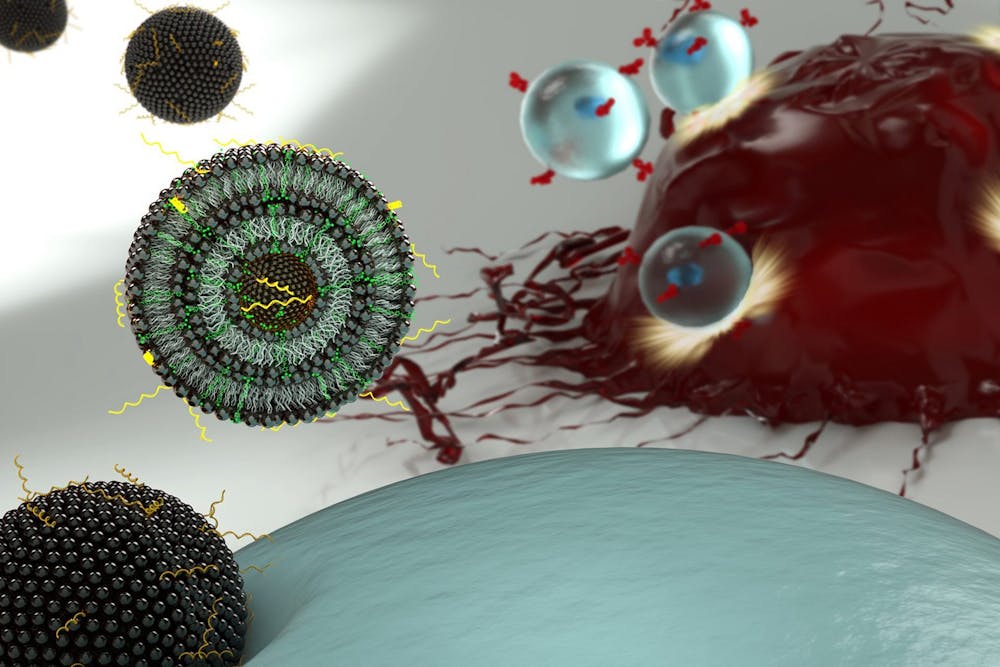Penn will launch a $100 million center at the School of Engineering and Applied Science to conduct research into creating new biological materials and models.
The Sept. 23 press release announced the creation of the Center for Precision Engineering for Health, which will conduct "interdisciplinary, fundamental, and translational research" in the bioengineering and material science fields. Along with creating the center, Penn will hire five new President's Penn Compact Distinguished Professors and five new junior faculty to work at the center.
The center will not have a physical building, but its work will be done at several of Penn's existing engineering buildings, Dean of the Engineering School Vijay Kumar wrote in an emailed statement to The Daily Pennsylvanian.
"Like many centers on campus, the Center for Precision Engineering for Health won’t be its own building; rather it will enable the creation and channeling of resources to attract the best talent to this very important, interdisciplinary area. The faculty we hire and labs we build and upgrade will span several of our buildings," Kumar wrote.
Kumar confirmed that interested students will be able to participate in research and work through the center.
"Every research lab we create offers opportunities for students who are interested in research. This center and the faculty hire will increase opportunities for both undergraduate and graduate students," he wrote.
Penn has recently pursued efforts to lead the bioengineering and material science fields. The University began renovations on the Biomedical Library — now rebranded as Biotech Commons — in December 2020 to expand its focus to tech-related innovation. The new building will feature new collaboration spaces, expanded study rooms, and a digital fabrication lab with 3D- and poster-printing capabilities.
An example of work currently being done in the field is improving technology to better store and distribute fragile vaccines, such as the COVID-19 mRNA vaccines, according to the press release.
RELATED:
Penn will launch a blockchain startup accelerator in spring 2022
Penn Wharton Budget Model predicts GDP decrease in 2050 from Senate budget resolution
“Biomaterials represent the ‘stealth technology’ which will create breakthroughs in improving health care and saving lives,” Penn President Amy Gutmann said about the center, according to the press release. “Innovation that combines precision engineering and design with a fundamental understanding of cell behavior has the potential to have an extraordinary impact in medicine and on society."









